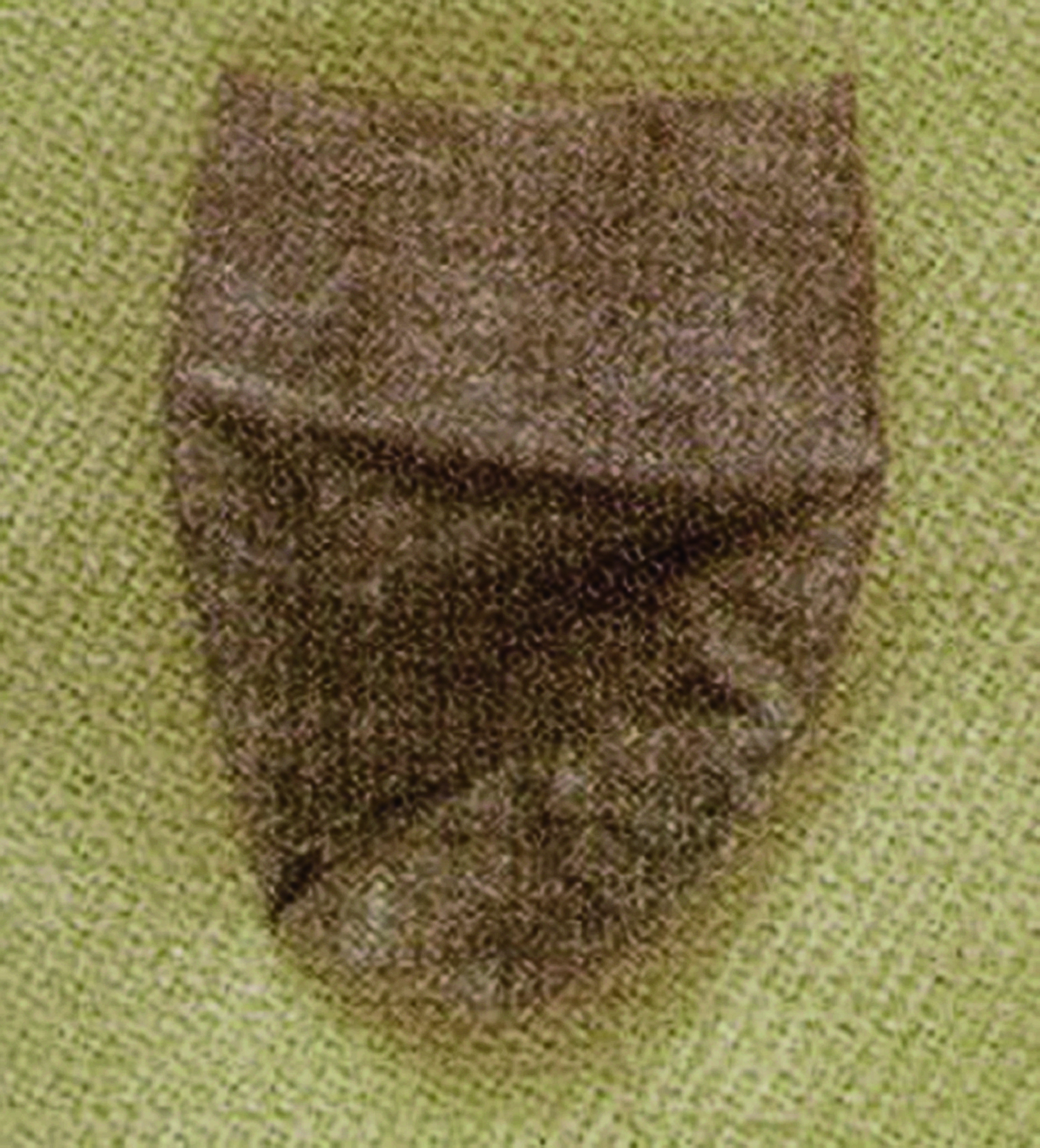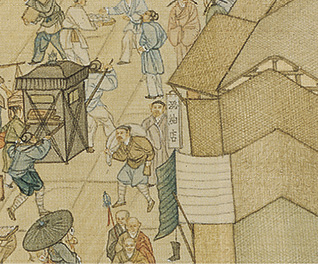
Lu silk is the birthplace of Chinese silk. A half-cut cocoon fossil unearthed in Xia County, Shanxi Province in 1927 proved that people had already begun to raise silkworms and produce silk 6,000 years ago.
As a royal silk, there are still 58 pieces of Lu silk in the Palace Museum in Beijing, which bear witness to the 600-year history of the royal Lu silk. The "Lu Silk Store" on the "Along the River During the Qingming Festival" is clearly visible.
In the early Ming Dynasty, after Zhu Mo, the 21st son of Emperor Taizu Zhu Yuanzhang, was stationed in Lu 'an Prefecture, he established a weaving and dyeing bureau in Shanxi Province, which was in charge of manufacturing Lu silk for the royal family. This led to the formation of a large weaving scale of Lu silk in Luzhou, making it a major tribute product and a major source of tax revenue for Shanxi Province at that time. It was extremely prosperous and, as a tribute to the royal family, represented the relatively high level of textile technology in Shanxi and even the whole country during the Ming and Qing Dynasties. During the Wanli period of the Ming Dynasty, Lu silk reached its peak, and "both scholars and commoners could wear it". At this time, Lu silk, as an accessory for ordinary people, was fully integrated into the folk. As a kind of clothing accessory, it carried profound and complex cultural connotations such as aesthetics and customs, and was integrated into the splendid Chinese silk culture. According to the "Lu 'an Prefecture Annals" of the Qianlong period, there were 13,000 looms in Changzhi, and thousands of loom makers were on board. "Lu silk" was renowned worldwide and was on par with "Hangzhou brocade" and "Shu Brocade". The Qing Dynasty was also a period of considerable development for Lu silk. According to historical records, Changzhi produced 3,000 bolts of silk every year.



© 2025 Lu'an Prefecture - Bride Lu silk quilt 晋ICP备19012898号
